|
Nadia Murad and Denis Mukwege have been awarded the 2018 Nobel Peace Prize for their campaigns against sexual violence during war. Mukwege, a doctor based in the Democratic Republic of Congo, has helped thousands of victims of the country’s long war. Murad, a member of Iraq’s Yazidi tribe who suffered at the hands of Islamic State, has been recognised for her work with the UN. John Brewer believes they are among the more deserving recipients of the accolade. And from our archives, a look at Mukwege’s work by Lee Ann De Reus.
An ongoing and systematic form of censorship is stifling press freedom in Uganda. It’s not new. The country has a long history of media censorship that predates President Yoweri Museveni’s 30-year rule. But, as Geoffrey Ssenoga writes, not even the recent attacks on a photojournalist and member of parliament Bobi Wine have silenced the media which continues to tackle controversial issues in the country.
|
Top Story
|
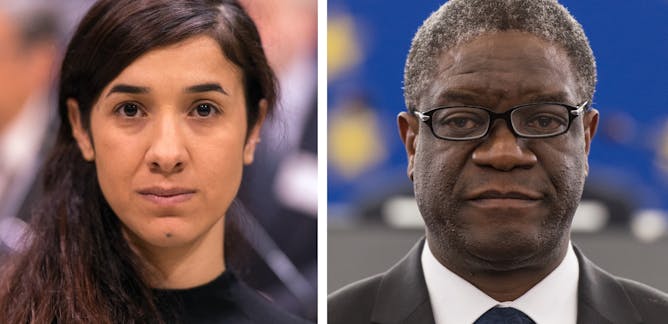
John Brewer, Queen's University Belfast
The prize recognises that violence against women has become a weapon of war.
| |
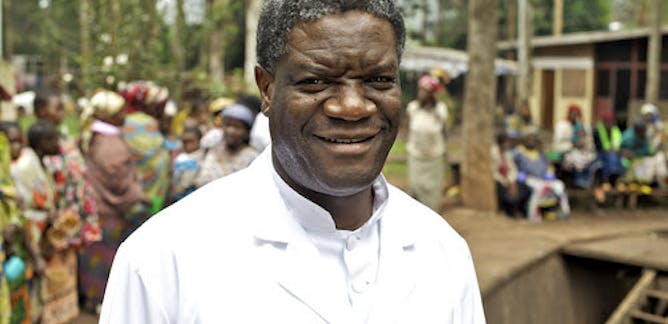
Lee Ann De Reus, Pennsylvania State University
The Congolese physician has treated over 20,000 victims of traumatic rape in a conflict fueled in part by 'conflict minerals' used to make cellphones.
|
|
|
Science and Technology
|
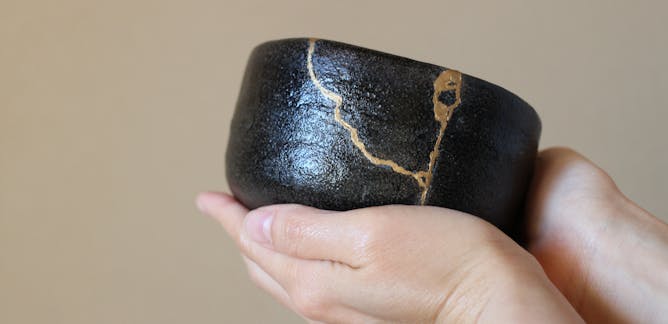
Brad Elphinstone, Swinburne University of Technology; Richard Whitehead, Swinburne University of Technology
We need to learn how to rebuild from loss, failure, or defeat in life, and that can also help in sport.
| |

Seb Oliver, University of Sussex
Galaxy images and patient records can be equally confusing. Now a team of astrophysicists have realised their methods could help medical professionals.
|
|
|
Politics + Society
|
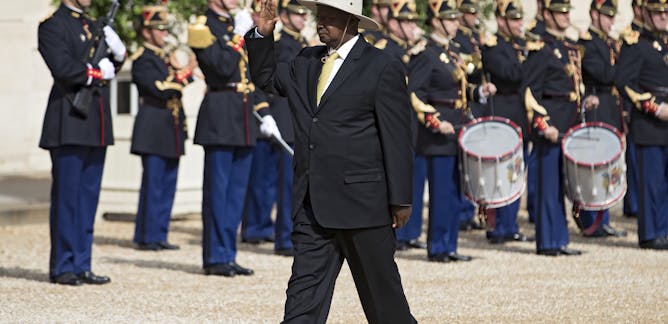
Geoffrey Ssenoga, Uganda Christian University
Despite continual threats, the media in Uganda continues to tackle controversial issues and break big stories of corruption and abuse of power.
| |
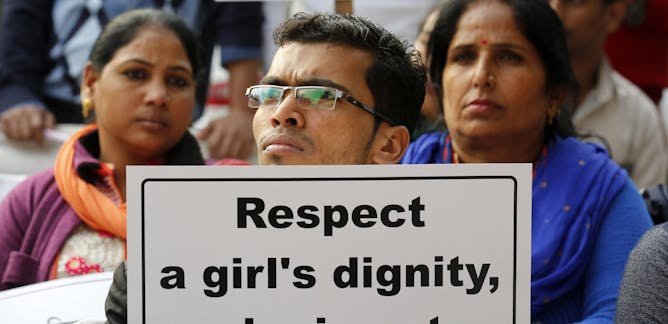
Suzanne Hill, Brunel University London
A series of brutal rapes in India has led to pressure to stop violence against women.
|
|
|
Business + Economy
|
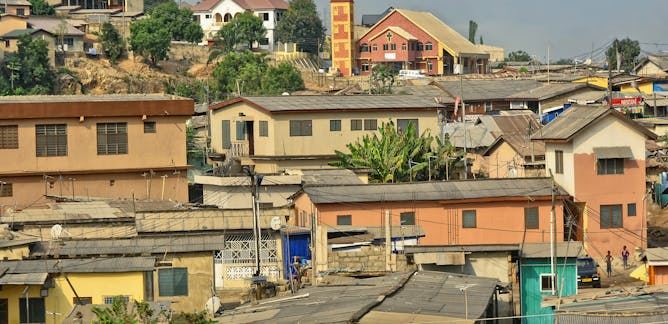
Seth Asare Okyere, Osaka University; Jerry Chati Tasantab; Matthew Abunyewah, University of Newcastle
Research in Ghana shows that improving slum housing could be one of the alternatives to the capital's housing crisis.
| |

Stephen Fankhauser, Swinburne University of Technology; Matt Ebbatson, Swinburne University of Technology
We have known for more than a decade that the pilot training pipeline is close to rupturing. Now the crunch has come there are some obvious things to do.
|
|
|